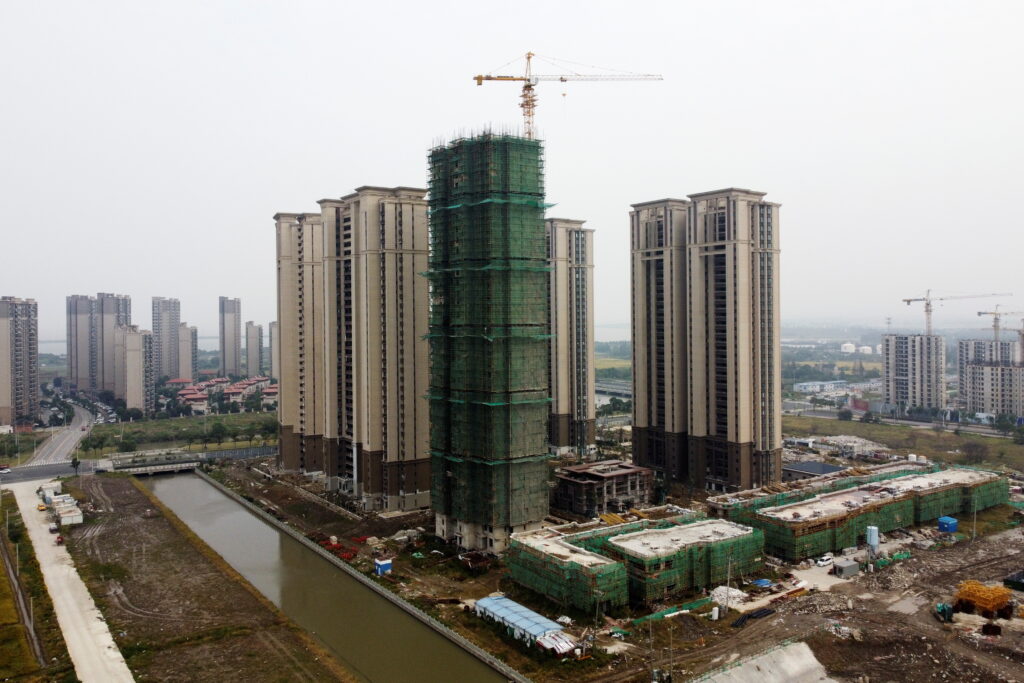KEY POINTS
China’s real estate downturn is anticipated to last for years, posing a threat to spread to neighboring countries.” We only anticipate a ‘L-shaped’ recovery in the real estate market in the coming years,” Goldman Sachs economists wrote in a weekend report.
Tai Hui of JPMorgan told CNBC, “I believe the recovery will be slow, but I also believe there is a significant disparity between state-owned and private sector developers.”
In its midyear outlook report, Morgan Stanley cautioned that continued weakness in China’s real estate market is likely to add to the country’s growth challenges.
Wall Street institutions have warned that China’s real estate sector’s weakness could be a drag on the economy for years to come and could even have repercussions for countries in the surrounding region.
In a weekend report, Goldman Sachs economists led by China economist Lisheng Wang said, “We see persistent weaknesses in the property sector, primarily related to lower-tier cities and private developer financing, and there appears to be no quick fix.”
According to the economists at Goldman, the property market is anticipated to experience an “L-shaped recovery,” characterized by steep declines followed by a slow recovery rate.
They stated, “We only anticipate a ‘L-shaped’ recovery in the real estate market in the coming years.”
According to our projections, China’s property market weakness will likely be a multi-year growth decline, but it may be less severe in 2023 than in 2022.
Despite evidence of recovery earlier in the year, May data revealed China’s real estate market is still struggling to recover.
As the economy struggles to regain momentum following the reopening of Covid-19, market observers predict China will likely support the real estate sector through fiscal stimulus policies.
The People’s Bank of China reduced its seven-day reverse repurchase rate by 10 basis points, from 2% to 1.9%, on Tuesday. This was the first reduction of this nature since August.
On Tuesday, property developer Logan Group climbed as much as 4.5% and Country Garden climbed 4% as investors anticipated additional stimulus and policy easing.
Goldman Sachs economists also noted that the Chinese government is expected to introduce additional housing stimulus packages to support the sector.
“We believe that the policy priority should be to manage the multi-year slowdown rather than to engineer an upcycle,” the analysts said, adding that Goldman does not anticipate “a repeat of the cash-backed shantytown renovation program from 2015 to 2018.”
They were referring to China’s urban redevelopment project, which intended to renovate millions of dilapidated homes over time to increase urbanization and improve living conditions.
According to Reuters, the government spent approximately $144 billion during the first seven months of 2018 to compensate residents whose homes were demolished in an effort to increase home sales and prices in smaller cities with a surplus of unoccupied homes.
CNBC’s Evelyn Cheng contributed to this report.










